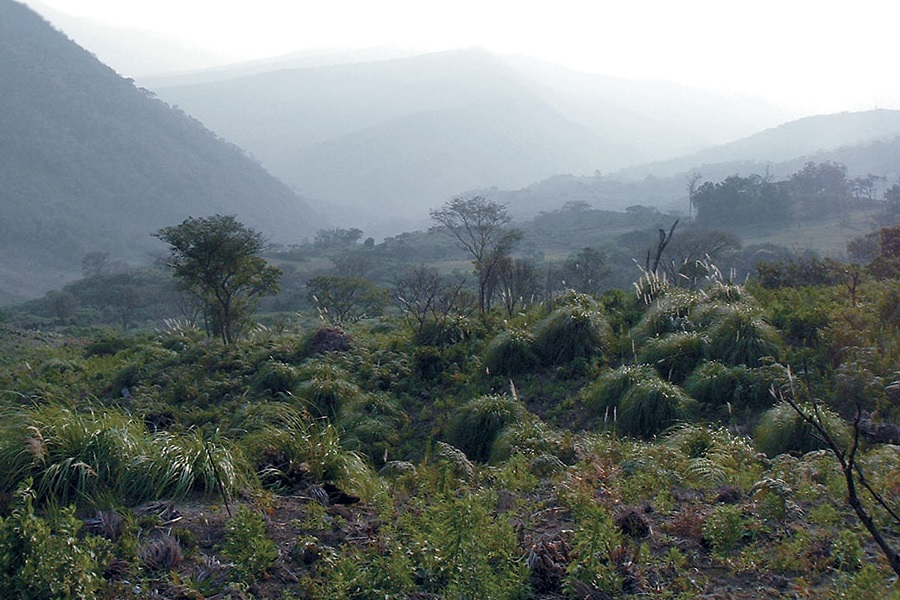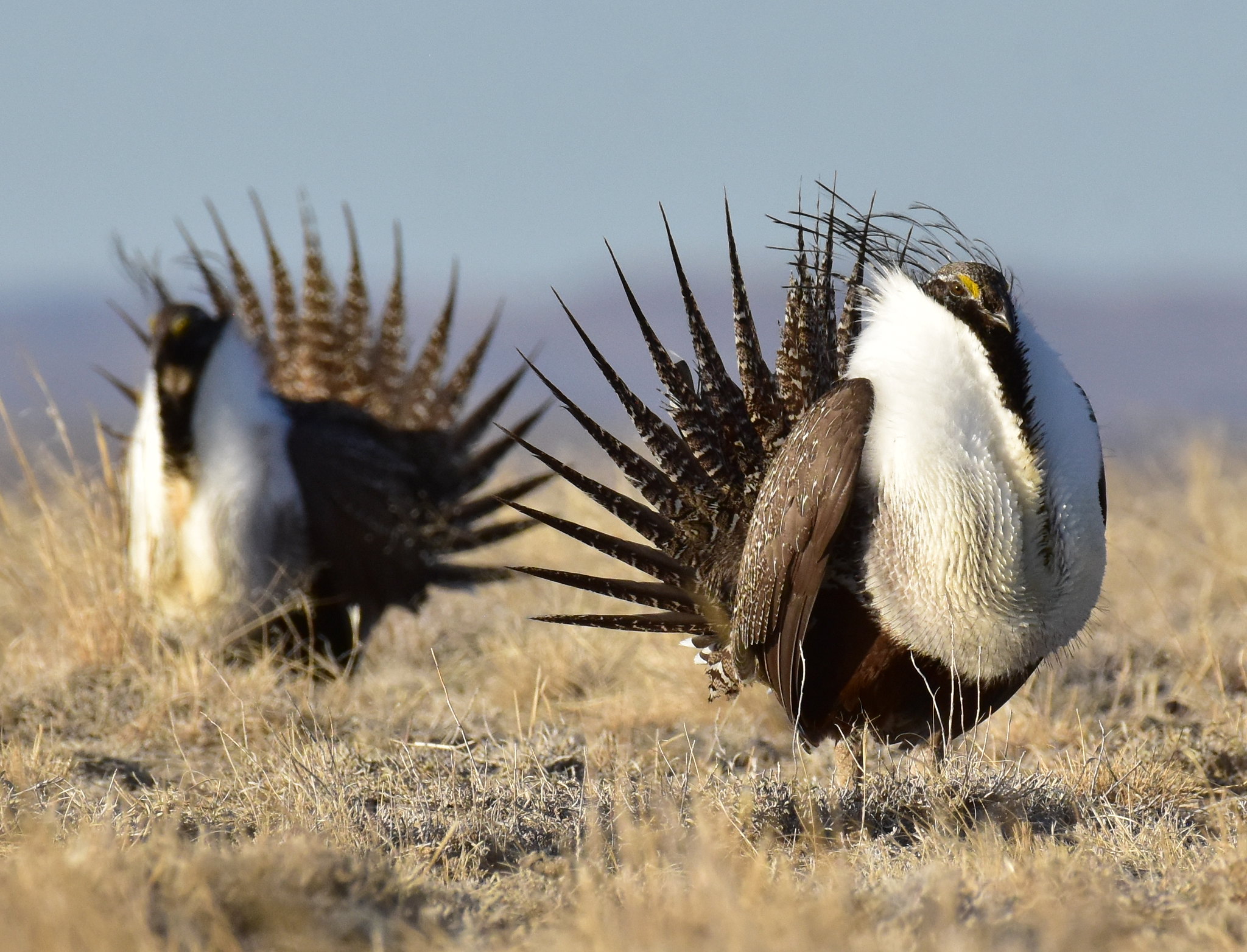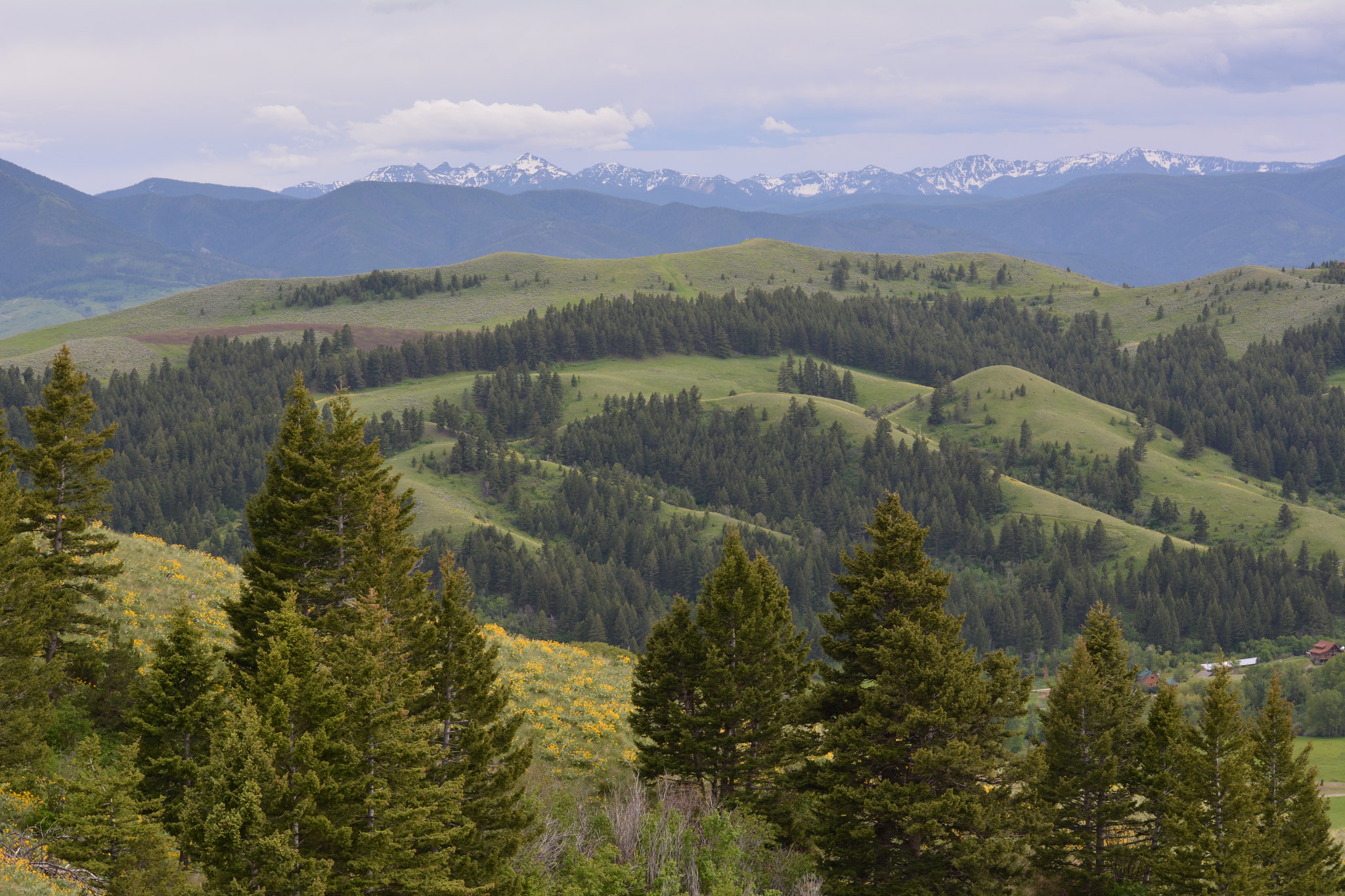Farmers in Bolivia’s Los Negros Valley rely on water from the Los Negros River for their agricultural livelihoods. But when water levels suddenly began to drop in the valley, something had to be done.
Downstream farmers pointed fingers upriver, blaming deforestation for the lack of water. The water-producing cloud forests upstream were being cleared for timber and agriculture, changing runoff patterns and causing dry seasons in the valley to be even drier.
Natura Bolivia, a company led by Maria Teresa Vargas, stepped in to help bridge the gap between the water users in the valley and upstream loggers in the early 2000s. The idea was that downstream water users should compensate upstream land users for protecting forests and providing water.
A creative arrangement emerged: Downstream users agreed to pay one beehive for every ten hectares of water-producing cloud forest protected from logging by upstream land users. Along with beehives, upstream land users also received training in honey production. All parties voluntarily enrolled in the program, with payments made annually to create a lasting partnership.
Natura Bolivia’s program has flourished. In 2003, 60 beehives were exchanged for the protection of 600 hectares of cloud forest. Three years later, the amount of land protected had tripled in size. The program continues to expand, with barbed wire now being offered along with bees in exchange for forest protection.
Why bees and barbed wire? Upstream land users wanted an alternative source of income and to develop a long-term revenue stream without harming native flora and fauna. Selling honey provides a reliable income, and because bees depend on healthy vegetation for honey production, upstream users have an incentive to protect the forest. Barbed wire also helps keep cattle out of sensitive areas and strengthens existing land claims.
Following its success in the Los Negros Valley, Natura Bolivia has applied similar concepts throughout Bolivia, with agreements underway throughout the country. Natura Bolivia’s work allows local people to benefit directly from conservation. The preservation of cloud forests provides downstream farmers with the water they need, while diversifying the income of upstream land users.
Read more about how Natura Bolivia is trading “Bees and Barbed Wire for Water on the Bolivian Frontier.”




